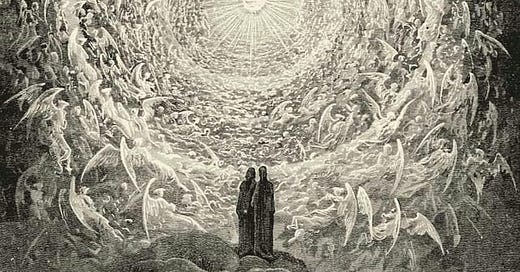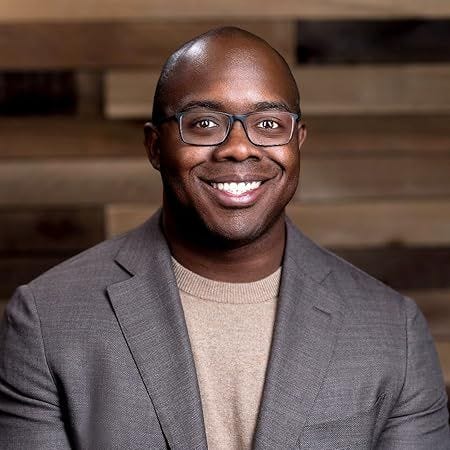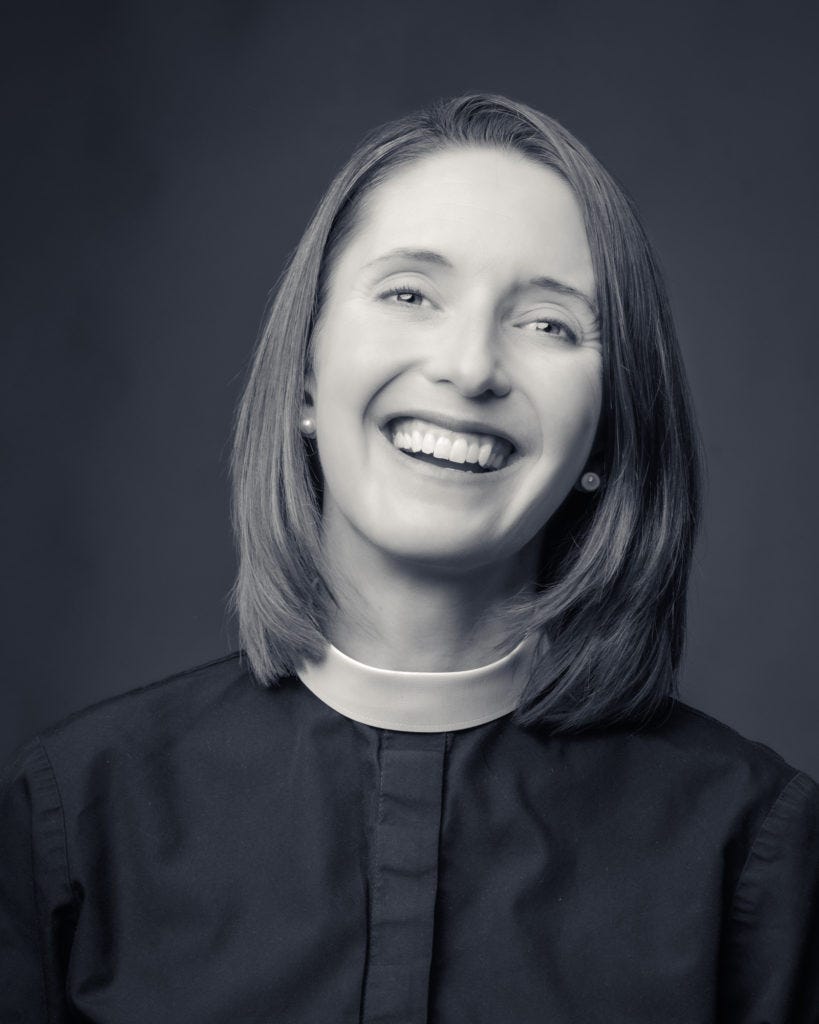Theologians are an interesting lot. Not many are all that well known outside theological circles and academia. There are big names, of course, like Karl Barth, Dietrich Bonhoeffer, and Tim Keller. Other names loom large from long ago, like Thomas Aquinas and Augustine, but do you know about people like Herman Bavinck, Paul Tillich, or Emil Brunner? There are contemporary names as well I’m assuming are not well known, people like Beverly Gaventa, Philip Ziegler, or Lisa Bowens. Some have broken far outside the academic circle and have become quite popular, like N. T. Wright. You don’t have to be an academic to be interested in theology, and I know some of you reading this post will know all, if not most, of the names I list here. I know plenty of people interested in and reading theology, and I also know many people want to begin their theological journey, but don’t know where to start. I’m writing this post to offer you some of my favorite theologians with brief descriptions of who they are and their work.
Theologians of various stripes are doing endless work studying, researching, teaching, and writing. I think what many don’t realize is that the stuffy work of theology (it’s not all that stuff) actually shapes the thinking and action of the church at large. I remember being shocked as I read Karl Barth’s Church Dogmatics v. 4.1 and realized the popular sentiment that Christianity is “not a religion, it’s a relationship,” was a distillation of much of what Barth was saying in his thirteen book long work of theology. This is admittedly anecdotal, but I think one of the major reasons many in the church have become so social justice oriented is because of the work of theologians who remain largely unknown to laypeople.
Ultimately, the importance of theology lies in the fact that it shapes the people of God, meaning it is theologians—living, breathing, human beings—who shape the church. This isn’t to remove the supremacy of the Holy Spirit’s work in our lives, but the Spirit works through people. Karl Barth saw theology as a sacred calling, not merely a vocation, and I couldn’t agree more. So here’s my list. I hope it serves you well!
Kat Armas
Kat Armas is a Cuban American theologian who holds both an MAT (Master of Arts in Theology) and an MDiv (Master of Divinity) from my Alma Mater, Fuller Theological Seminary. So far, she has published two books and hosts a regular podcast. She works in decolonial theology, liberation theology, and Latina theologies. Kat is excellent at close readings of Scripture, and her book Abuelita Faith: What Women on the Margins Teach Us About Wisdom, Persistence, and Strength has encouraged me, challenged me, and brought surprising, revelatory, and life-giving readings of Scripture I could have never imagined.
Notable Works
Abuelita Faith: What Women on the Margins Teach Us About Wisdom, Persistence, and Strength
Sacred Belonging: A 40-day Devotional on the Liberating Heart of Scripture
Esau McCaulley
Esau McCaulley might be the newest edition to my list of theologians you should know about and read. He is a priest in the Anglican Church of North America, scholar, and professor, the perfect combination. I’ve known of his work for a little while, particularly his book, Reading While Black, which talks about engaging with Scripture as a Black person and all the challenges that poses because of the way Scripture has been wielded by cultures and institutions of power to oppress the Black community and other non-white people groups the world over. Esau’s work encourages me because of the way he seeks to push beyond theological and social critique—both of which are worthy and necessary endeavors—into explorations of how to live as faithful Christians who are part of the multiethnic family of God who has been called to be disciples of Jesus Christ in a multivalent, multiethnic world. He has written at the academic and popular levels and has two children’s books.
Notable Works
Reading While Black
Josey Johnson’s Hair and the Holy Spirit
The New Testament in Color: A Multiethnic Bible Commentary (He birthed the idea of this commentary and is a contributor and the chief editor)
Amy Peeler
Amy is also a New Testament scholar, professor, and priest. The main focuses of her work are the use of familial language in the New Testament and the book of Hebrews. She deals magnificently with the topic of gender, particularly the female gender, in her book Women and the Gender of God, in which she lays out the case that God is not a man, nor is God male—a thing Christian men need to be reminded from time to time—but is beyond gendered categories, and why that’s important for the Christian to understand. She closely examines the birth narratives to show how God assumes the male role in the birth of Jesus, how Jesus’ humanity is fully from his mother, Mary, and talks beautifully and powerfully of the Incarnation. She has also written books and articles on my favorite book of the New Testament, Hebrews. Amy deals with age-old questions that need readdressing in our time, and she does so in a fresh and refreshing way.
Notable Works
Women and the Gender of God
Hebrews: Commentaries on Christian Formation
She is also a co-editor and contributor to The New Testament in Color: A Multiethnic Bible Commentary
Willie James Jennings
Willie’s work is haunting. He deals in liberation and post-colonial theologies, especially in relation to the institutions of Christianity, like ecclesial structures and theological education. He weaves together narratives, poetry, and incisive and penetrating theological prose that brings the seedy side of Christian history into the light. Willie’s intention, though, is not simply to expose those things which exist in the dark, but to bring them into the light so they might be healed. As long as white supremacy, misogyny, and other forms of oppression remain unnamed, they will continue to thrive. Willie doesn’t present himself as an expert, a person with the right answer over against those who’ve done it wrong. Rather, he also is on this road with the rest of us, giving his observations, and committing to the work of healing.
Notable Works
The Christian Imagination: Theology and the Origins of Race
After Whiteness: An Education in Belonging
Oscar García-Johnson
Oscar García-Johnson sits at or near the top of my list of absolute favorite theologians. His book Spirit Outside the Gate: Decolonial Pneumatologies of the American Global South was really meaningful to me in 2022, as I was confronting my own issues of internalized racism and learning what it meant to follow Jesus as a Mexican American man. Oscar’s work deals with decolonial, liberation, and Latina theologies. He pays special attention to the work of the Holy Spirit in marginalized communities in Latin America and in the church that has been called by the Spirit to minister within these communities. In a conversation with Oscar, he opened with, “I don’t want to ask you that typical Western question, ‘What do you want to do?’ Instead, I want to ask you the more holistic question, ‘Where are you?’ I want to know who you are, not what you do.” We were talking about the possibility of me pursuing a PhD at Fuller, where he teaches, and that question shook me and has stuck with me ever since.
Notable Works
Spirit Outside the Gate: Decolonial Pneumatologies of the American Global South
Introducción a la Teológía del Nuevo Mundo (v.1)
The Mestizo/a Community of the Spirit: A Postmodern Latino/a Ecclesiology
Ellen Davis
Ellen is a practical theologian who writes and teaches about how Scripture disciples Christians how to live in the world. She specializes in the Old Testament, and often works from there toward Christian discipleship, which is a skill I don’t see very often and something I love deeply. Ellen’s book Scripture, Culture, and Agriculture: An Agrarian Reading of the Bible was critical in my formation of a biblical land and climate ethic. I have found myself returning to that work again and again as I seek to learn how to have a responsible and Christlike relationship with land. Her presence in the theological world is quiet, though profound, and prophetic.
Notable Works
Scripture, Culture, and Agriculture: An Agrarian Reading of the Bible
Getting Involved with God: Rediscovering the Old Testament
Opening Israel's Scriptures
Honorable Mentions
Obviously, I cannot list every theologian or biblical scholar who’s work has been impactful for me, so here’s a short list of a few more books along with their authors that have been important to me. Calling them “honorable mentions” feels odd, as it sounds like they’re in a kind of second-tier, which isn’t entirely true. This list is more about the particular book than the work as a whole or the theologian behind it.
The Prophetic Imagination by Walter Breuggemann
Kingdom Ethics: Following Jesus in Contemporary Context by Glenn Stassen and David Gushee
Knowledge by Ritual: A Biblical Prolegomenon to Sacramental Theology by Dru Johnson
Brown Church: Five Centuries of Latina/o Social Justice, Theology, and Identity by Robert Chao Romero
Desiring the King: Worship, Worldview, and Cultural Formation by James K. A. Smith
The Spirit Poured Out on All Flesh: Pentecostalism and the Possibility of Global Theology by Amos Yong
Romans: A Commentary by Beverly Gaventa
That’s it!
I hope this list introduces you to a few people and books that will be as helpful and inspiring to you as they have been to me. I love theology, I love reading theological works, and I love talking to theologians. I will be the first to admit that sometimes we theologians can be a bit obtuse, but I honestly think overall, we do really well at integrating other disciplines and epistemologies into our work with the goal of being faithful disciples of Jesus. Our goal is to help the church be a prophetic witness in this world of the beauty and glory of Jesus Christ.










